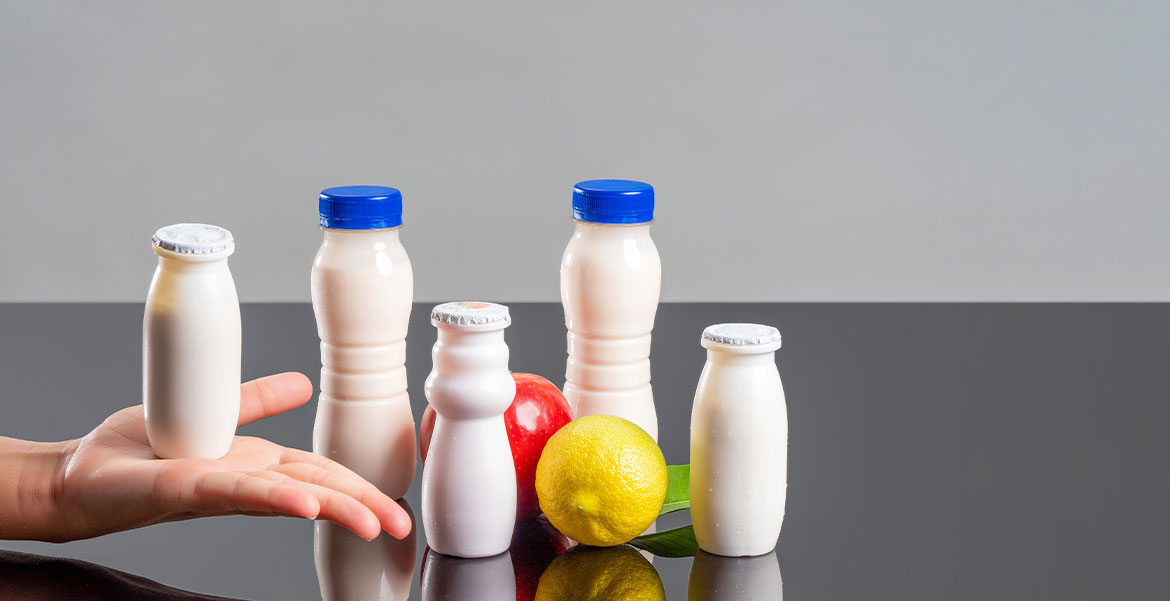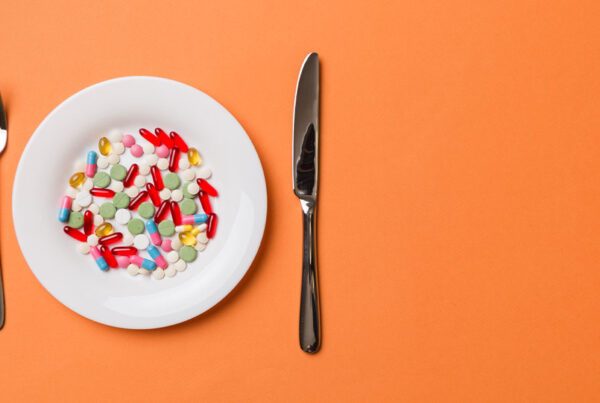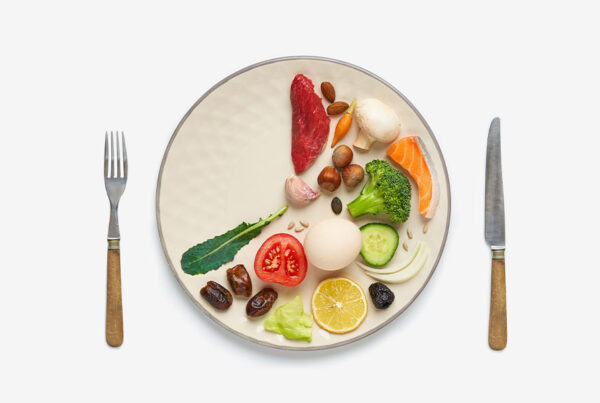Association Between Cancer and Dairy
Is there any association between consumption of dairy and cancer? Is it bad for our health? Can one consume milk if he or she is suffering from cancer?
Milk is a good source of many essential nutrients, including calcium, protein, and vitamin D. It’s termed as a complete food due to its nutritional content; however, the milk that is available in the market today is loaded with chemicals, additives and hormones not suitable for our daily consumption. Few points that are worth reading:
- In the article, Those confounded milks, published in the International Journal of Epidemiology, found that even relatively moderate amounts of dairy consumption can increase a women’s risk of breast cancer up to 80% depending on the amount consumed.
- Researchfunded by the National Cancer Institute, the National Institutes of Health, and the World Cancer Research Fund, found that women who consumed 1/4 to 1/3 cup of cow’s milk per day had a 30% increased chance for breast cancer. One cup per day increased the risk by 50%, and 2-3 cups were associated with an 80% increased chance of breast cancer. Regular consumption of dairy products has also been linked to prostate cancer.
- One of the reasons that dairy is considered bad is because although milk is considered healthy, if you notice a lot has changed in our environment today. We have started to use a lot of pesticides for plant cultivation destroying the fertility of the soil and the quality of grains obtained. The same is fed to our cattle, thereby indirectly altering their health and the quality of milk/ meat that we get from them. Also, the cattle are injected with vaccines, growth hormones which create havoc in our system. Besides, there are few naturally produced hormones present in cows milk, which although is less when compared to the amount produced in our body, can have a negative impact if you are sensitive to the same.
- Milk also contains Insulin like growth factor (IGF-1). Recently, several studies have identified IGF‐1to be associated with an increased risk of developing a number of common cancers, including lung, breast, colorectal, and prostate.
We would also like to make a note here that research says- yogurt (fermented dairy product) consumption significantly decreased bladder cancer and colorectal cancer risk and also breast cancer in some cases. One meta-analysis indicated that fermented dairy foods intake was associated with an overall decrease in cancer risk.
Tip- Avoid milk if you are lactose intolerant/ allergic to casein (milk protein), congestion/ hormonal issues/ allergies/ IBS/ sensitive gut and consume the same under the supervision of a health expert. One possible solution can also be to choose organic milk. Organic milk differs from conventional milk in three specific ways:
- It must come from cows that aren’t treated with antibiotics
- It must come from cows that are not given any hormones for growth or reproduction
- It must come from cows that receive at least 30% of their diet from pasture.
But remember organic milk does have weak hormones and IGF-1 factors. Therefore do not consume milk on a regular basis and in huge amounts.
Reference:
https://www.medscape.com/viewarticle/925896
https://reference.medscape.com/viewarticle/925774
https://pubmed.ncbi.nlm.nih.gov/22081693/
https://www.ncbi.nlm.nih.gov/pmc/articles/PMC2715202/
https://pubmed.ncbi.nlm.nih.gov/22081693/
Tags: Milk, dairy, calcium, protein, and vitamin D, chemicals, additives and hormones, International Journal of Epidemiology, the National Cancer Institute, the National Institutes of Health, and the World Cancer Research Fund, Insulin like growth factor (IGF-1), organic milk, yogurt, fermented dairy product, lactose intolerant, allergic to casein (milk protein), congestion, hormonal issues, allergies, IBS, sensitive gut.









